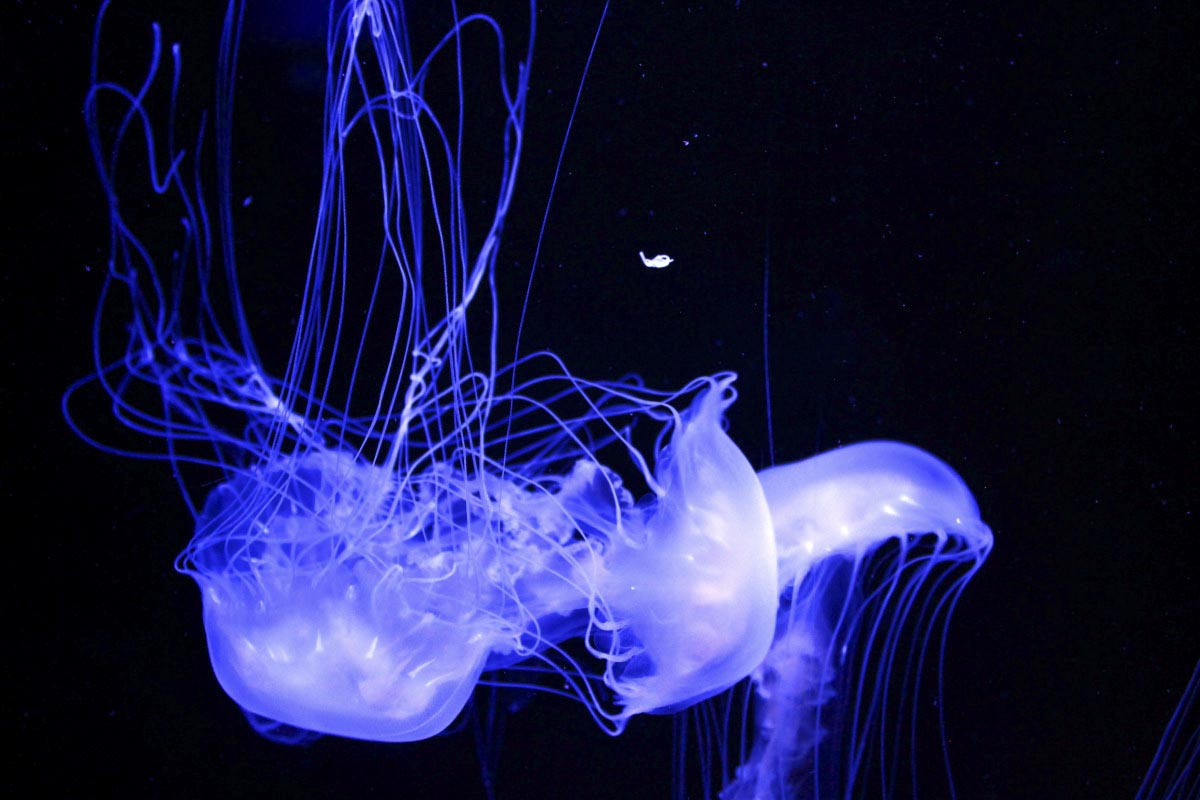While the expansion of desalination plants in Chile continues, on the other hand, in terms of science, it shows us a series of precedents that have not been thought about in public policy.
Scientific research reveals the importance of salinity in benthic resources and the contribution of macroalgae to Patagonian estuaries.
“Exploring the secrets of the sea: the effect of salinity on the trophic structure of the benthic fjords of Patagonia.”
The ocean is a deep and vast mystery, and one aspect that interests scientists is how salinity affects marine life. In 2020, a team of researchers published a work entitled “Benthic trophic structure of the Patagonian Strait (47°S): the role of hydrographic conditions on food supply in a glacial-fluvial system” which in Spanish will be “Estructura Trófica del Bentos en”. Patagonian Strait (47°S): The role of hydrographic conditions on food supplies in a glacial-fluvial system. This research conducted in the waters of the Chilean Patagonian fjords revealed the influence of freshwater discharges on environmental conditions, modifying hydrographic conditions such as salinity and sediments, and thus the nutritional composition of the organisms living in these complexes. Ecosystems. This was the study Dr. Claudia Andrade Díaz is a scientist from the University of Magallanes as co-author and singer. Elijah Carey, researcher at the Fisheries Development Institute, who is the lead author. Elia Carey played a key role, not only collecting data in the remote fjords of Patagonia, but also analyzing the data as part of her master’s thesis.
Key findings:
One of the most notable discoveries of this research is that Salinity plays an essential role in the availability of food for benthic (seabed-dwelling) organisms in the Patagonian fjords.. In estuarine waters, low salinity can reduce the presence of certain organisms and algae, which are essential as a food source for benthic organisms. On the other hand, in saltier areas, such as coasts and the sea, food availability can vary greatly, which in turn affects the composition of benthic communities, says Dr. Andrade.
The critical role of macroalgae:
One of the highlights of this research is the role of macroalgae as a nutritional support in these ecosystems. Although it was initially thought that in estuarine areas (which have a lot of fresh water) without macroalgae, there was no organic contribution of these organisms to the organisms’ diet, the study revealed a surprising result: Algae drifting in the sea, once deposited on the seafloor, can be absorbed and incorporated by benthic organismsPerhaps by coexistence with bacteria inside them, but until now we do not know the mechanism behind this. This discovery also underscores the importance of macroalgae in the food chain of these ecosystems, although their contribution is of homogeneous origin due to their drift or transport by ocean currents.
Impact on marine life conservation:
Dr. Andrade points out that these changes in salinity can have a domino effect on nutritional relationships. For example, if predatory species are more tolerant of high salinity and thrive in that environment, this could cause changes in prey populations and ultimately change the structure of the entire food web. From a scientific perspective, this study provides evidence of how changing salinity affects food availability and thus reshapes the nutritional structure of the ecosystem.
Future considerations: Changes in salinity due to desalination plants.
As we continue to explore the mysteries of the sea, it is crucial that we consider the downstream impacts of implementing desalination plants in coastal areas.. These stations must be established and operated with careful consideration of their impact on the nutritional composition and ecological balance of the surrounding marine ecosystems. Collaboration between scientists, regulators and desalination plant operators is essential to ensure a sustainable approach that balances human freshwater needs with the preservation of coastal ecosystems.
Conclusion:
Dr. Claudia Andrade Díaz, Elijah Carey and their team have provided us with fascinating insight into the impact of salinity on marine ecosystems in the Patagonian fjords.. Their research and passion for marine conservation reminds us of the importance of protecting our oceans for future generations..
As the secrets of the sea continue to be revealed, it highlights the importance of maintaining a balance between our human needs and the preservation of these fragile marine ecosystems.



:quality(85)/cloudfront-us-east-1.images.arcpublishing.com/infobae/5KV44H676BDSNN36TJNVQEQCOQ.jpg)

